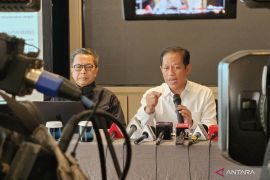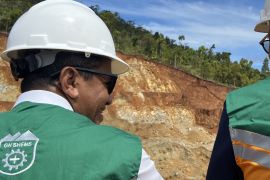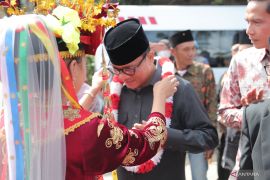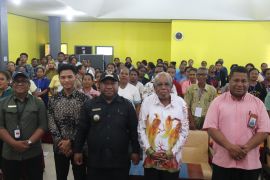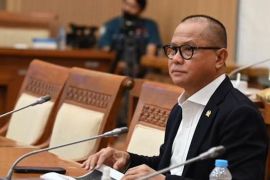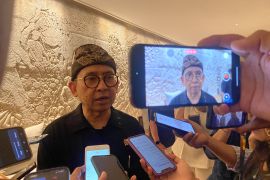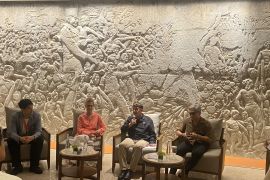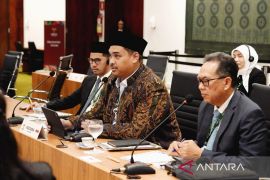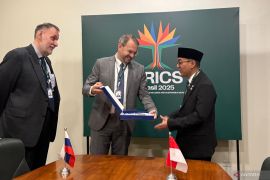"We are committed to ensuring that our judicial system is well respected, trustworthy and having legal certainty. A judicial system that is free of bribery and other corrupt practices," the head of state said.Nusa Dua, Bali (ANTARA News) - Indonesia is committed to developing a judicial system that is trustworthy and free of corruption, President Susilo Bambang Yudhoyono said on Thursday.
"We are committed to ensuring that our judicial system is well respected, trustworthy and having legal certainty. A judicial system that is free of bribery and other corrupt practices," the head of state said in his opening speech at the 11th General Assembly of the ASEAN Law Association (ALA).
Indonesia is fully aware that legal reform is an essential part of the nation`s effort to build a just and stable society, he said.
As a result of this commitment, he said, there were cases where corrupt judges and legal practitioners have been brought to justice, and have been jailed for the terms that they deserve.
"This is unprecedented in the history of Indonesia," he said.
However, the president said that more needs to be done as no one could complete legal reforms overnight.
"But with God's help and the support of our people, Indonesia will achieve this goal with full confidence," he added.
According to Yudhoyono, to strengthen the ASEAN community, member countries must support and help one another.
"We must continue to strengthen the rule of law and enhance our judiciary systems, as well as the legal infrastructures in our region," he said.
The ASEAN Law Association is one important component of the region`s civil society, and should be deeply involved in this process, he said.
This year's general assembly is attended by more than 300 representatives from 10 ASEAN member states and ALA President Pham Quoc Anh.
Established in 1979, the ALA is a non-government organization of lawyers in the ASEAN region to bring together under one roof all the different branches of the law profession - judges, law teachers, law practitioners and government lawyers(*)
Editor: Heru Purwanto
Copyright © ANTARA 2012


